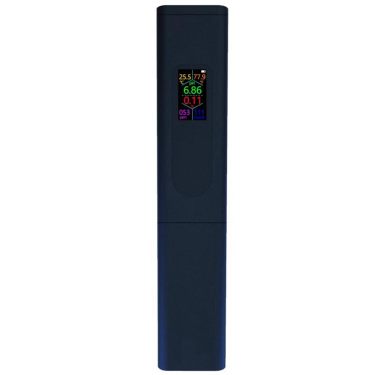
# Pool Thermometer: Essential Tool for Monitoring Water Temperature
## Why Every Pool Owner Needs a Pool Thermometer
A pool thermometer is an indispensable tool for any swimming pool owner. Whether you have an in-ground or above-ground pool, maintaining the right water temperature is crucial for both comfort and safety. Without accurate temperature readings, you might find yourself swimming in uncomfortably cold water or, worse, risking health issues from overly warm water that can promote bacterial growth.
## Types of Pool Thermometers
There are several types of pool thermometers available on the market:
### 1. Floating Thermometers
These are the most common and affordable options. They float on the water’s surface and provide continuous temperature readings.
### 2. Digital Thermometers
These offer precise readings and often come with additional features like memory functions to track temperature changes over time.
### 3. Infrared Thermometers
These non-contact devices allow you to measure water temperature without getting wet, though they’re generally less accurate than submerged options.
## How to Choose the Right Pool Thermometer
When selecting a pool thermometer, consider these factors:
– Accuracy: Look for thermometers with ±1°F accuracy
Keyword: pool thermometer
– Durability: Choose models resistant to pool chemicals and UV rays
– Readability: Ensure the display is clear and easy to read from a distance
– Mounting options: Decide if you prefer floating, wall-mounted, or handheld models
## Proper Placement for Accurate Readings
To get the most accurate temperature readings:
– Place the thermometer in the middle of the pool, away from skimmers and returns
– Avoid direct sunlight on the thermometer if possible
– For floating models, ensure they’re not trapped in a corner by pool currents
## Maintaining Your Pool Thermometer
Regular maintenance ensures longevity and accuracy:
– Clean the thermometer monthly with mild soap and water
– Store it properly during winter months if you close your pool
– Replace batteries in digital models as needed
– Check accuracy periodically by comparing with another thermometer
## The Importance of Regular Temperature Monitoring
Monitoring your pool’s temperature isn’t just about comfort. It affects:
– Chemical balance: Warmer water requires more frequent chemical adjustments
– Energy costs: Knowing the temperature helps optimize heater usage
– Swimming comfort: Most people prefer water between 78°F and 82°F
– Safety: Extremely cold water can be dangerous for swimmers
A quality pool thermometer is a small investment that pays dividends in pool enjoyment, maintenance efficiency, and safety. By choosing the right type and maintaining it properly, you’ll always know when your pool is at the perfect temperature for a refreshing swim.